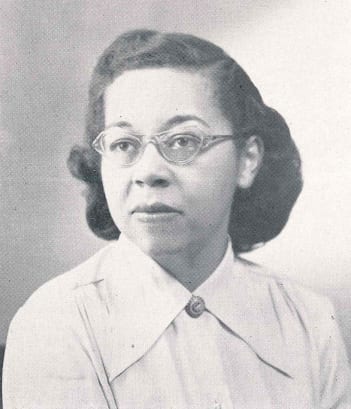People of Color in STEM: Jane Hinton

Jane Hinton was a pioneer in the study of bacterial antibiotic resistance and one of the first two African American women to gain the degree of Doctor of Veterinary Medicine. When she was six, Hinton’s parents sent her and her sister to school in Europe, ensuring they would have the best education available to black students at the time. She graduated high school at age 16 and earned a baccalaureate degree from Simmons College in Boston at 20. She also worked in her father’s laboratory and as an assistant to John Howard Mueller in Harvard University’s Department of Bacteriology and Immunology. There she co-developed the Mueller-Hinton agar, which was a medium developed to isolate Neisseria, the bacteria that causes gonorrhea and meningococcal meningitis. The medium enables bacteria to thrive and has become one of the standard methods used to test bacterial resistance to antibiotics.
From 1942 to 1945, Hinton worked as a medical technician for the U.S. War Department. After World War II ended, she decided to be a veterinarian and enrolled in the School of Veterinary Medicine at the University of Pennsylvania where she graduated in 1949. Hinton worked as a small animal veterinarian until 1955, and later that same year, joined the Department of Agriculture as a federal government inspector involved in research and response to outbreaks of disease in livestock.
Hinton’s father, William Augustus Hinton, was a bacteriologist and one of the most prominent African American medical researchers of his era. In the 1920s, he developed a test for syphilis that was widely used until newer methods were developed after World War II. He was the first African American to teach at Harvard Medical School and to write a medical textbook.


Leave a Reply